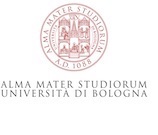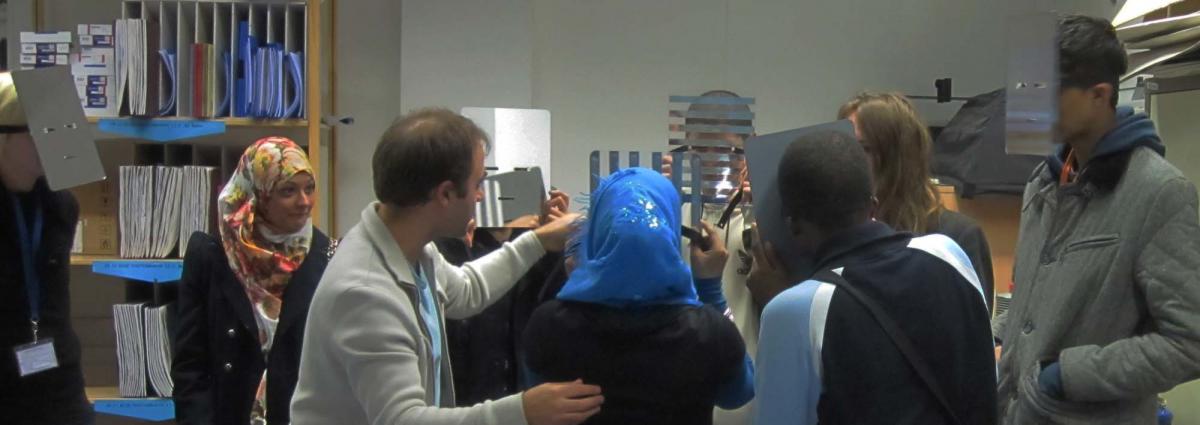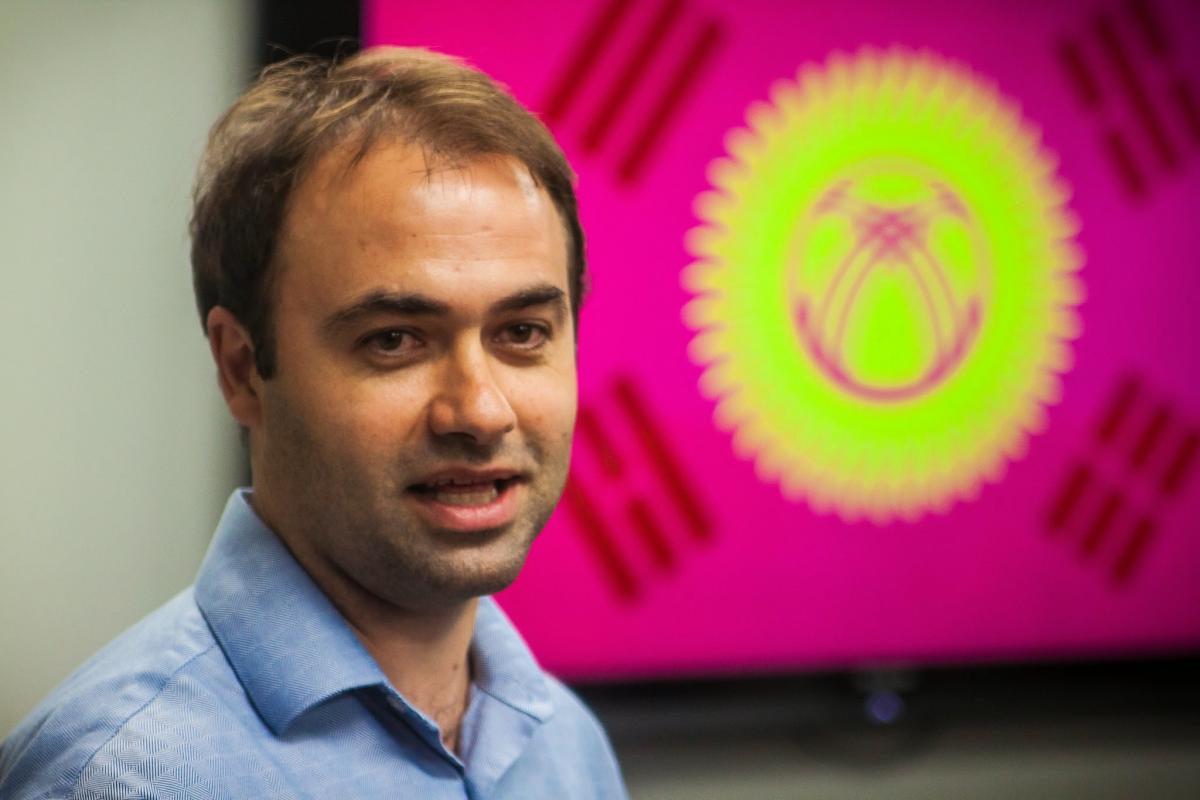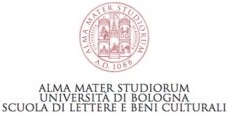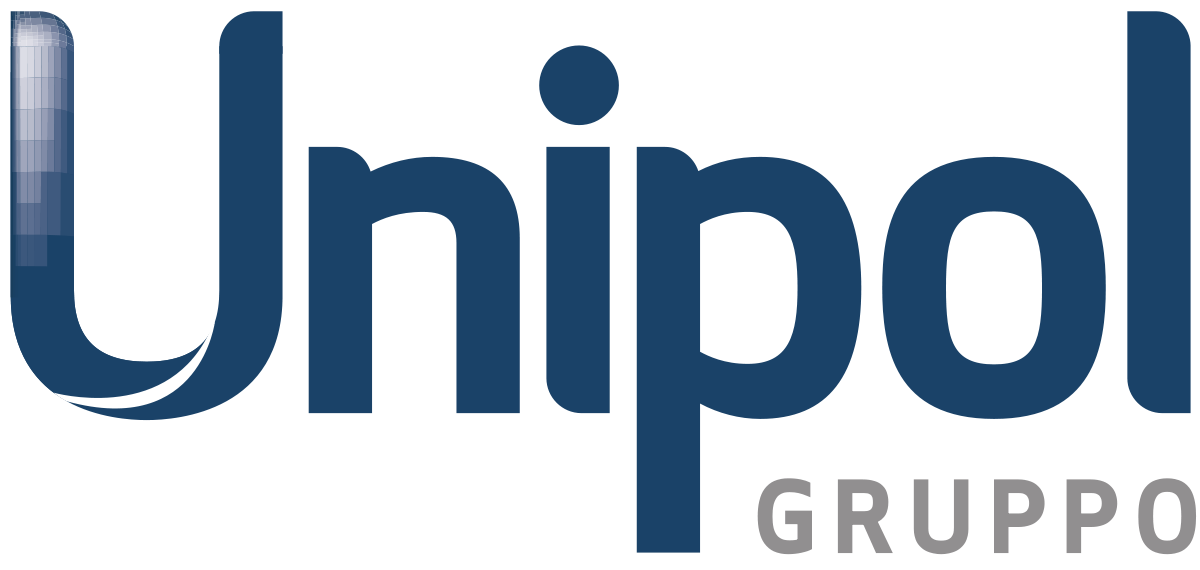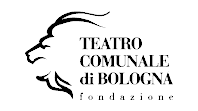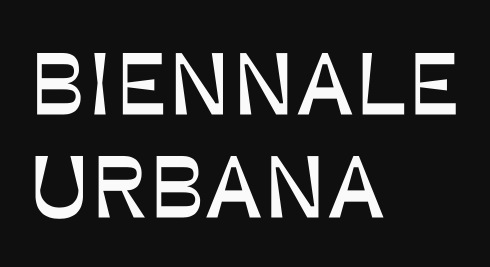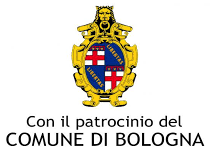BOLOGNA SOCIAL PRACTICE LABOrganized by PEDRO LASCH in collaboration with ROSSELLA MAZZAGLIA LABORATORY
June 26-28 and July 3-5, 2018, 2.00 - 4.00 pm |
|
|
Two Open Calls: International (New) & Bologna-based Students (Returning) 1. About the Social Practice Lab 2. About Polit(t)ico: Interventions for Bologna (2017- 2018) 3. About BSPL 2018 edition and structure 4. About the Students (Call and application) 1. About the Social Practice Lab The Bologna Social Practice Lab is taught by Pedro Lasch, in collaboration with Rossella Mazzaglia, and offers participating students the opportunity to conduct scholarly research and immediately direct it towards social processes that go beyond conventional academic formats. It is also the only GSCT Summer School activity that integrates international students (up to 15) with Bologna-based students, artists, and activists (all returning) on a daily basis. Our joint activities will take place in social media, museums, public areas, historical buildings, popular markets, and social spaces that are key to Bologna. Complementing the very public nature of our Polit(t)ico interventions from the previous year, our 2018 edition will focus on more intimate processes, as we work with each other to question the human and the humanities in a range of approaches from race and gender studies to climate change and the Anthropocene. The work from both years will be integrated in the 2018 edition through a half-day symposium and a concluding publication. The overall project is commissioned by the Academy of Global Humanities and Critical Theory, the School of Humanities and Cultural Heritage at the University of Bologna, the City of Bologna, Archiginnasio, the Gramsci Foundation, Danza Urbana, and MAMbo. Individual projects are produced with the help of different partner organizations and collaborators. Additional support is provided by the FHI Social Practice Lab at Duke University. 2. About Polit(t)ico: Interventions for Bologna The research and production groups of the Bologna Social Practice Lab have been developed with the overarching framework of Polit(t)ico: Interventions for Bologna (2017-2018). Taking its Italian name from Giotto’s famous painting in Bologna, the series conflates notions of politics with the historical art form of the polyptych. Distinct topics and approaches for each intervention are developed within specific communities and social contexts over two years, with the GSCT Summer School weeks as the densest and most important periods. Seen together as a polittico (polyptych), the works paint a slowly emerging picture of social and aesthetic engagement with Bologna as a site of political resistance, and social movements worldwide. They also add complexity to the rich discursive context of the oldest university in Europe, highlighting within it the creative processes of acting, making, and doing. Polit(t)ico is composed of the following projects: Mercato Morandi, National Abstraction Ensemble, Museum of…, Digna Rabbia, Art of the Mooc, with different aspects being produced on each of its two years (2017-2018). 2017 BSPL participants focused most of their energies on four of our five Polit(t)ico projects (Mercato Morandi, National Abstraction Ensemble, Museum of…, and Digna Rabbia). Please visit our 2017 BSPL page to read the full project descriptions. In 2018, we will focus our joint work on connecting this year’s themes with our last remaining project (Popular Education, Yes! … But, Online?). We will do so by socially and materially applying learnings from the ART of the MOOC series related to our 2018 topics and the students’ own interests. Lab participants wishing to focus on sound, music, and acoustic phenomena in the social sphere, will also be able to create their own contributions for AoM’s most recent segment on ‘Collective Experiments with Sound.’ 3. About BSPL 2018 edition and structure (for all 2018 International and Bologna-based Lab Participants) Popular Education, Yes! … But, Online? (PEO). During Summer School 2018, Lasch will connect its students to artists and learners around the world through joint activities, lectures and materials he produced with NY public art institution Creative Time for ART of the MOOC I: Public Art & Pedagogy and ART of the MOOC II: Activism & Social Movements. Also translated into Spanish, this pedagogical art work has had over 21,000 enrolled participants in 134 countries since it launched in October, 2015. We will use these experiments as a test case to study, critique, and develop future models for online popular education in the radical tradition of Freire and others. 2018 Bologna Social Practice Lab students will also be able to join in the production of materials related to a new course on acoustic phenomena and the social uses of sound, in collaboration with the FHI at Duke University, and Universität der Künste in Berlin. 2018 BSPL participants will meet as a group from 2:00-4:00pm on Jun 26, 27, 28 and Jul 3, 4, 5. They will also be able to join all public activities of the Summer School of their choice. The structure of the lab itself will be organized by a combination of joint sessions (all students), balanced with smaller research and experimentation groups (5-15 students) that will work with specific social processes and locations for all other days of the two-week long Summer School. All students are invited to participate in the half-day symposium “Social Practice, Performance and Education”, coordinated by Pedro Lasch and Rossella Mazzaglia, as well as the premiere of “Anatomy of the Nation” (BSPL, 2017), that will be follow it on sat. 30th june at MAMbo (2.30-6.30 p.m.) Returning 2017 Bologna-based participants applying again this year will have the option, if interested, to also work at separate times with Lasch (11am-1pm, same days as above) on final stages of last year’s projects (Mercato Morandi, Museum of…, and Digna Rabbia), as well as our BSPL special publication and public presentation at MAMbo with Lasch & Mazzaglia (30th june). It is important, however, that returning students apply only if they are interested and dedicated to our 2018 topics and final project, since the main expectation will be their involvement in the 2-4pm join activities of our lab for this year. 4. About the Students (Call and application) We are looking for advanced students of critical theory, humanities, and transnational political concepts who are excited by working outside traditional academic formats and spaces, even if they have never produced anything social or artistic before. We also invite applicants who have a strong background or interest in the theory or practice of activism, street art, music, dance, digital media, visual art, socially engaged art, and the performing arts overall. Applications for international students and Bologna-based students will be reviewed by different committees. International students (up to 15) will need to satisfy the overall criteria and application process of the Summer School, and will be chosen by GSCT faculty and staff. In addition to following the general Summer School application guidelines, students interested in this Lab who have a background in art, digital media, sound work, or activism, are encouraged to include related materials through one PDF document with 5 to 10 images, or web links for sites or other media files, and a line or two describing their role or involvement in what is represented by each image or web link. UNIBO School of Humanities & Bologna-based students from other institutions. There is no open call for new Bologna-based students in 2018. Only those who participated in 2017 are invited to apply by sending an email expressing their interest and how their ideas connect with the topics for the 2018 Summer School. Please include in your application to BSPL director Pedro Lasch directly (email): - a one-page text explaining why you want to join the BSPL again and how your current ideas and experience from last year relate to our 2018 final project (Popular Education, Yes! … But, Online?), as well as this year’s Summer School themes of questioning the human and the humanities in a range of approaches from race and gender studies to climate change and the Anthropocene. |
|
|
|
Rossella Mazzaglia (Italy) teaches at the University of Messina and at the University of Bologna. Her research focuses on Italian and North-American contemporary dance and theatre, social theater and community dance. She wrote books on American Movements (Judson Dance Theater. Danza e controcultura nell’America degli anni Sessanta), post-modern dance (Trisha Brown; and Trisha Brown. The invention of space with Adriana Polveroni); Italian contemporary dance (Virgilio Sieni. Archeologia di un pensiero coreografico) and the relations between dance and space (Danza e Spazio. Le metamorfosi dell’esperienza artistica contemporanea). |
Organized with
   |


